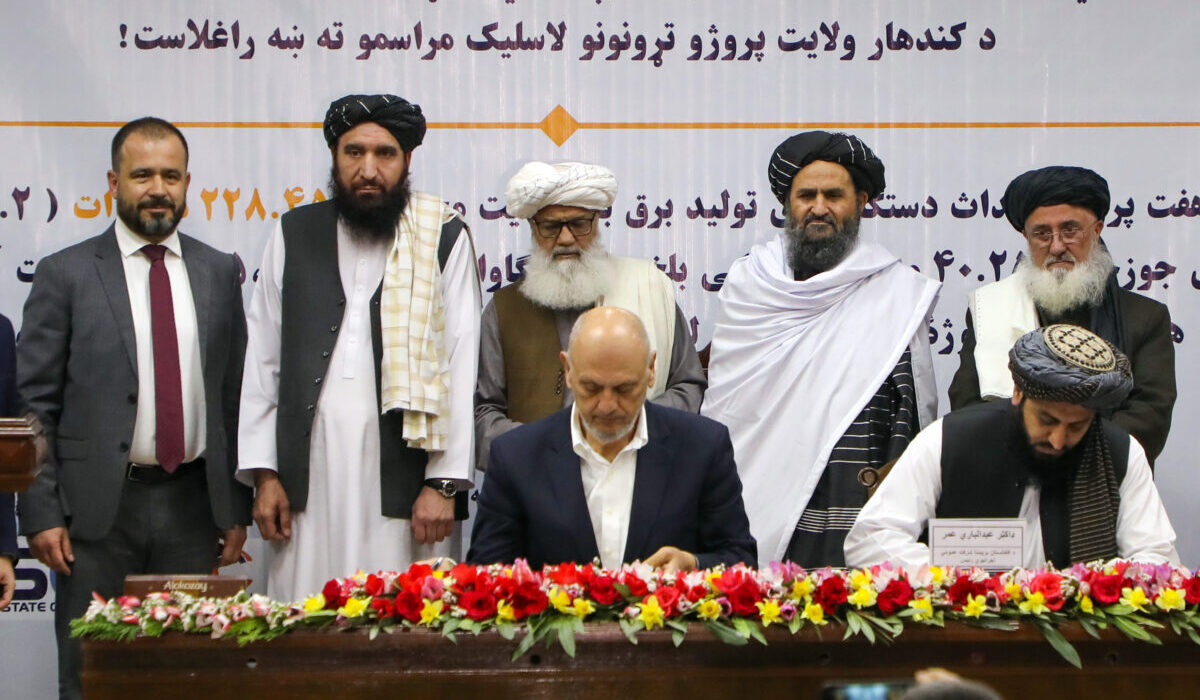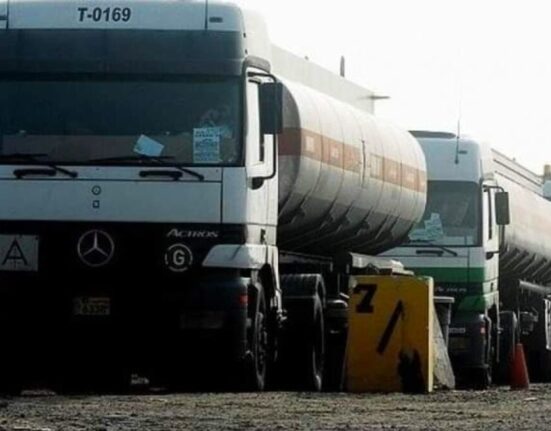KABUL, Afghanistan — The Taliban-run Da Afghanistan Breshna Sherkat (DABS), the country’s power distributor, signed contracts on Thursday for a series of electricity generation and transmission projects valued at 20.7 billion Afghanis (approximately $292.3 million), in a move aimed at expanding the country’s domestic power infrastructure and reducing reliance on energy imports.
The signing ceremony, held at the Government Media and Information Center in Kabul, was attended by Abdul Ghani Baradar, the Taliban’s deputy chief minister for economic affairs.
The agreements were concluded between DABS and a group of domestic and international private sector firms.
According to DABS, the new agreements include seven power generation projects and three electricity transmission projects across eight provinces.
The generation projects will add a combined capacity of 228.45 megawatts to the national grid and include a 40-megawatt solar power plant in Balkh province, a 5-megawatt solar plant in Herat, a 10-megawatt solar facility in Laghman, phase one of a 200-megawatt wind project in Herat, with 43.2 megawatts included in this phase, a 40-megawatt solar plant in Logar, a 40.25-megawatt solar project in Nangarhar, and a 50-megawatt gas-powered plant in Jawzjan.
In addition to generation, the contracts include three transmission projects construction of the eastern power substation in Kandahar province, construction of a substation in Qalat, Zabul province and extension of a 110-kilovolt transmission line from Kajaki to Kandahar.
DABS officials said the projects will be implemented by both Afghan and foreign companies and will be carried out “in a standardized manner within designated timelines.” No specific completion dates were announced.
Currently, Afghanistan imports a significant portion of its electricity from neighboring countries including Uzbekistan, Iran, and Tajikistan.





